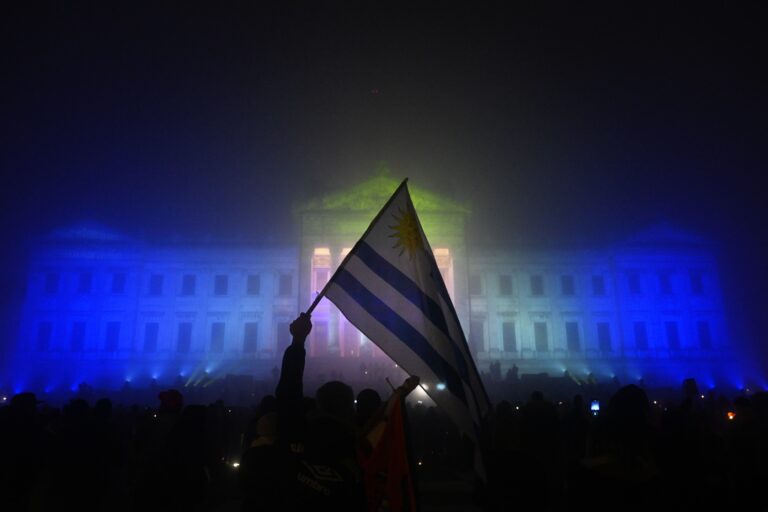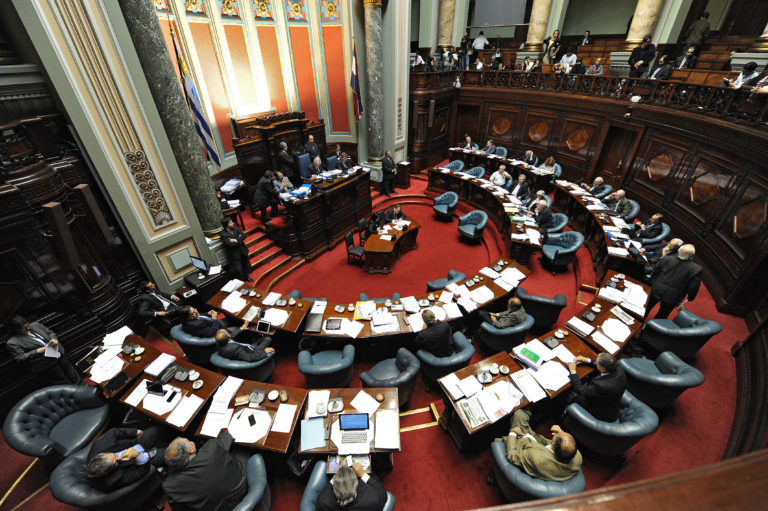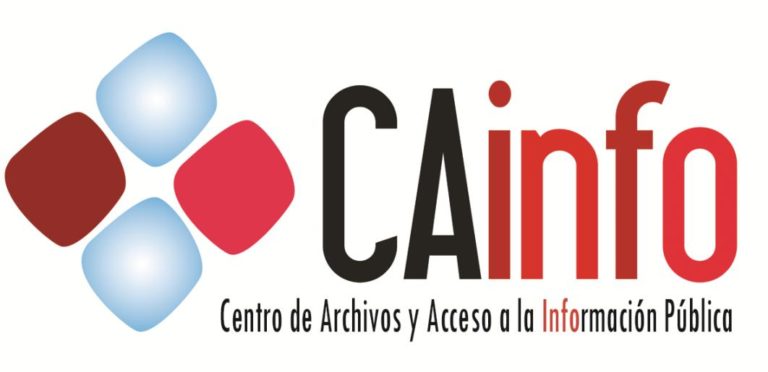(IAPA/IFEX) – The following is a 23 December 2004 IAPA press release: IAPA concerned about censorship following prison sentence against Uruguayan journalist Miami (December 23, 2004) – Following the sentencing of an Uruguayan journalist to prison on December 14, the Inter American Press Association (IAPA) reiterated its concern about court rulings that leave a question […]
(IAPA/IFEX) – The following is a 23 December 2004 IAPA press release:
IAPA concerned about censorship following prison sentence against Uruguayan journalist
Miami (December 23, 2004) – Following the sentencing of an Uruguayan journalist to prison on December 14, the Inter American Press Association (IAPA) reiterated its concern about court rulings that leave a question mark regarding the current status of press freedom in Uruguay, since “they have the potential to create an environment of self-censorship.”
Judge Dolores Sánchez, of the Uruguayan province of Paysandú, ordered a five-month suspended prison sentence against reporter Carlos Dogliani on four counts of defamation filed by the local governor, Alvaro Lamas, and his advisor, Martín Etchebarne. The problem began when the weekly El Regional reported that said officials had exempted an individual from paying taxes without proper approval from a regulatory agency.
Gonzalo Marroquín, chairman of the IAPA’s Committee on Freedom of the Press and Information, stated that “this and other rulings concern us because they directly affect the freedom to report news.” He maintained that the ruling against Dogliani gives government officials special protection, “which contravenes rulings made by the Inter-American Court of Human Rights and principles established in the Declaration of Chapultepec and Inter-American Declaration of Principles on Freedom of Expression.”
Marroquín, editor of the Guatemalan newspaper Prensa Libre, stated that “although we respect court decisions, we also must point out that decisions made by some judges try to limit in-depth reporting on issues of general interest and especially those concerning government affairs, such as in this case.”
During its General Assembly in Guatemala, the IAPA issued a resolution on complaints about the courts and numerous rulings against journalists and the media in Uruguay that affect freedom of the press and of expression.
The following is the text of the IAPA resolution issued on October 26, 2004:
WHEREAS
a succession of court rulings handed down over the last six months, and the reasoning therein, conflict with freedom of speech and of the press
WHEREAS
in one of these rulings, the Supreme Court of Uruguay, in addition to upholding without qualification the legality, validity and constitutionality of the so-called “right of reply,” endorsed a severe restriction on the rights of the media and made a veiled suggestion to exercise a form of prior restraint by warning that journalists “must give careful consideration before publishing a news item or story, as they expose themselves to the possibility that the right of reply may be exercised by those named individuals who feel they have been wronged”
WHEREAS
a judge in the department of San José ordered two journalists to pay damages for publishing an interview with a person reporting acts of violence, and in the conclusions of the ruling warned the reporters that they should have verified the accuracy of the accusations before airing them and that the press is not the “appropriate forum” for such accusations to be voiced
WHEREAS
a judge in the department of Cerro Largo and, subsequently, a Court of Appeals for Montevideo handed down a ten-month suspended sentence against a journalist in Río Branco for publishing news and opinions concerning a local government official
WHEREAS
a judge in the department of Salto sentenced two journalists and a newspaper to pay damages to four officials for having printed an official local police document of great public interest because it incriminated them in the preparation and commission of various felonies; the judge, in her reasoning, held that the police document was marked as “confidential” and that journalists cannot “take it upon themselves to probe into matters that are removed from public scrutiny”
WHEREAS
a judge in Montevideo ordered a television channel to broadcast a response under “right of reply” by a public official who was accused of corruption on a program shown by that station and the official was sentenced to prison following the media report, charged with “simple bribery”
WHEREAS
Principle 10 of the Declaration of Chapultepec states, “No news medium nor journalist may be punished for publishing the truth or criticizing or denouncing the government”
THE GENERAL ASSEMBLY OF THE IAPA RESOLVES
to express its concern over these court rulings, which leave a question mark hanging over the effective exercise of freedom of the press and information in Uruguay, and can potentially give rise to an environment of self-censorship among journalists and the media in the country.


